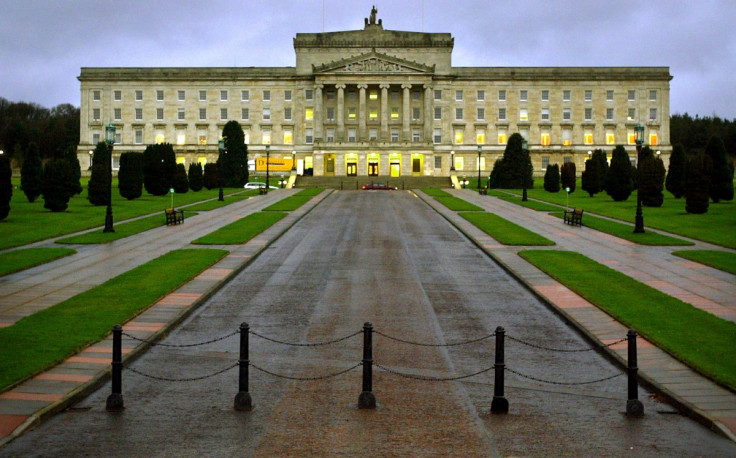Northern Ireland Free Speech Campaigners Buoyed by Libel Reform Prospect

Freedom of speech campaigners in Northern Ireland have been given hope by the prospect that a libel reform bill will be proposed by the country's law watchdog.
Ken Millar, the interim chief executive of the Northern Ireland Law Commission (NILC), told IBTimes UK that his organisation might recommend legislation to the Department of Finance and Personnel to reform the country's defamation rules.
But Millar explained the prospect is a long way off yet as the organisation will consider a bill after its 12-week public consultation, which will open in September.
"We won't come up with a draft bill until we see how the lead department is minded to act," Millar said.
The consultation comes after the Former Stormont Finance Minister Sammy Wilson declined to extend the "historic" 2013 Defamation Act, which applies to England and Wales, to Northern Ireland.
Wilson told MLAs in July 2013 that fears that a lack of reforms to Northern Ireland's libel laws will result in less freedom for the country's media compared to colleagues in England and Wales was a "load of nonsense".
But Wilson's successor as Finance Minister, Simon Hamilton, asked the NILC in September 2013 to examine whether the Westminster Act should be introduced in Northern Ireland.
Millar said NILC researchers are continuing to investigate how defamation and libel is treated in different jurisdictions and how the new law is impacting in England and Wales.
The organisation's final report is expected to be published in early 2015, after which the Department for Finance and Personnel will decide whether to accept the NILC's recommendations.
Mike Harris, an advisor to the to the Libel Reform Campaign, told IBTimes UK that a bill is the best way to reform libel law in Northern Ireland.
"We're delighted that there is a possibility that a bill will come out of the NI Law Commission's consultation," Harris said.
"Reform of the law is needed more than ever and we're getting evidence from our supporters in Northern Ireland of the chill of freedom of speech."
Libel reform in the UK
The 2013 Defamation Act was hailed as a victory for "freedom of speech" campaigners as the legislation gave greater "public interest" coverage and offered more protection to people expressing their opinions.
The law also addressed the issue of "libel tourism", where foreigners would sue under "tough" defamation laws in England and Wales instead of other jurisdictions.
Notably, Russian business man Boris Berezovsky sued US magazine Forbes for libel in London in 2000.
The Defamation Act counters this issue by tightening the test for claims involving those with" little connection to England and Wales" being brought before the courts.
Lord Lester QC, who first proposed the Defamation Act in 2010, has warned that Belfast could become the "libel capital of world" because Northern Ireland has not adopted his legislation.
© Copyright IBTimes 2025. All rights reserved.






















